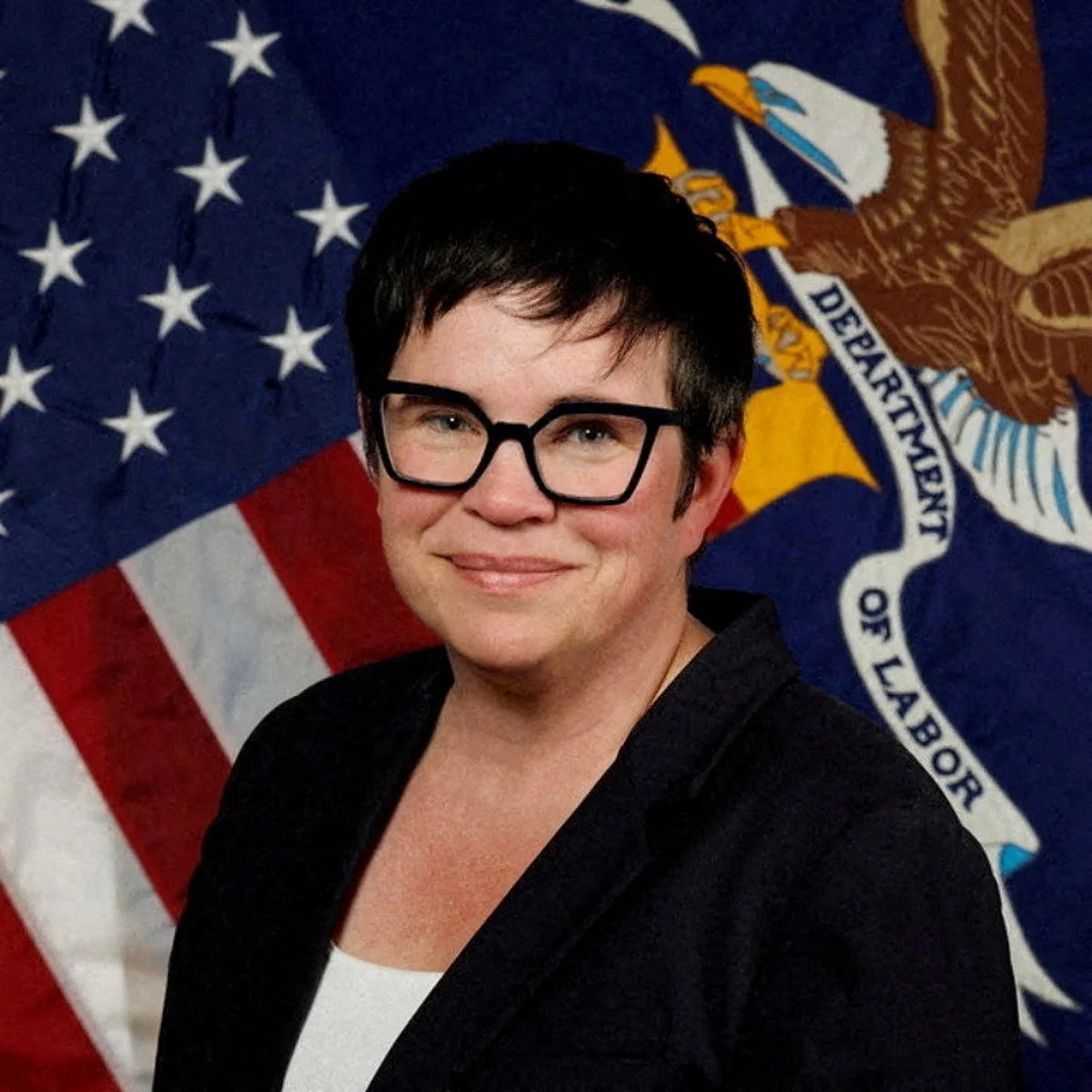By Roy Mitchell
Copyright trinidadexpress

Within an environment of mutual respect and regard, Trinidad and Tobago can become so congenial a society that even the most violently inclined will submit to being led by a child.
Instead of being condemned to be educated, threatened by the barrels of guns, why not mobilise our student population to articulate practical solutions to their own complex behavioural problems?
In February 2001, what was generally perceived to have been a brilliant idea—banning corporal punishment in schools—has, over time, catastrophically backfired: armed police officers now enforce order and discipline in the nation’s educational institutions. It’s a cardinal example of top-down decision-making gone awfully contrary, “sparing the rod and spoiling the child”, dumping tested and proven disciplinary measures and replacing them either with nothing or, eventually, with drastic alternatives.
On both counts, the decisions originated under Kamla Persad-Bissessar, the first in her capacity as Minister of Education, the second as Prime Minister 2.0. To this day, no penitence has been offered whatsoever for the catastrophic outcome of the first, and no reservations tendered regarding the risks associated with the second.
In the intervening period, successive student populations have had to wrestle with “spiritual wickedness in high places”, virtually helpless. It’s what’s been haunting sweet T&T since 2001. Only the strong survive.
Today, T&T’s young generations navigate a society where normal expectations have soared to heights of fantasy. Many struggle merely to cope. They see the privileged galloping away leaving them perilously behind, forced to settle for jobs in URP, CEPEP or fast-food outlets, meagre tokens. Furthermore, rarely are they given opportunities to be heard: their views, opinions and ideas largely inconsequential.
Systemically excluded, some fall prey to brutish means of attracting attention and gaining recognition. -Alienation breeds resistance: organised crime and violence, deep-rooted retaliation more complex to be turned around than meets the eye.
It’s baked-in hostility against the establishment: the system that purports to offer, but paradoxically denies them a decent and respectable standard of living.
Copious interventions to stem the tide having failed, what’s left is most unorthodox, empowering the students themselves. Let them lead, incentivise them in proffering viable solutions to their own contemporary challenges, create the enabling environment that will appeal to their best creative instincts, oral, written and graphic, all in pursuit of their own purpose, progress and fulfilment, inherently optimising their wealth of untapped potential.
What’s inhibiting T&T’s captains of industry from taking the initiative to mobilise our student population: engage their participation in morale–boosting competitions focused specifi-cally on crime prevention education and awareness, awakening and igniting their multidisciplinary creative cultural and artistic persuasions?
Within specific age groups, they may choose to participate wherever desirable: Oral: public speaking (prepared, impromptu, chorale, spoken word), debating, song (open, gospel, calypso, chutney); Written: essays, poems, slogans and short stories; -Graphic: art, design, portrayals, posters. Students can choose to engage in radio/television panel discussions, online or live seminars, drama, storytelling, theatre, and in staging of crime-prevention awareness expositions.
Participation should be restricted to primary and secondary schools, tertiary and tech/voc institutions, youth camps, organisations, unattached youth, etc.
Topics may range from peer pressure, juvenile delinquency, bullying, drug addiction and rehabilitation, poverty and crime and the good life and crime, to the impact of the media and music, role modelling, exclusion and alienation, domestic violence, social and economic fallout of crime, retributive versus restorative justice, prisoner -rehabilitation, et al.
Attention should be given to the roles of central and local governments, the Church, police, Judiciary, teachers, parents, the business and -labour sectors, village councils, etc.
Primarily, the mission should be the mobilisation of the entire student population in the cross-fertilisation of views and ideas to eradicate school violence and restore peace, love and harmony within the nation’s educational institutions.
Professionally well planned, implemented and a matrix of inputs clinically digitalised, the wealth of views, ideas, suggestions and submissions accruable to the nation’s overall benefit is indisputable, extending far beyond the -pivotal objective, adding value by way of character-building and extracurricular developmental enhancements.
No sector of the society should be excluded from involvement. Accordingly, competition judges should be drawn from the private sector, the Judiciary, professional bodies, labour movement, civil society organisations, etc.
Incentivising nationwide student participation may take the form of their efforts being duly recognised, extensively publicised and appropriate distinctions, awards and prizes presented. Moreover, their renderings considered and adopted, where feasible, for inclusion in the development of innovative policies and programmes to restore Trinidad and Tobago’s pride of place as a leading law-abiding society.
Will T&T’s captains of industry take the initiative?
—Roy Mitchell is a former special adviser and co-ordinator, National Tripartite Advisory Council (NTAC).



